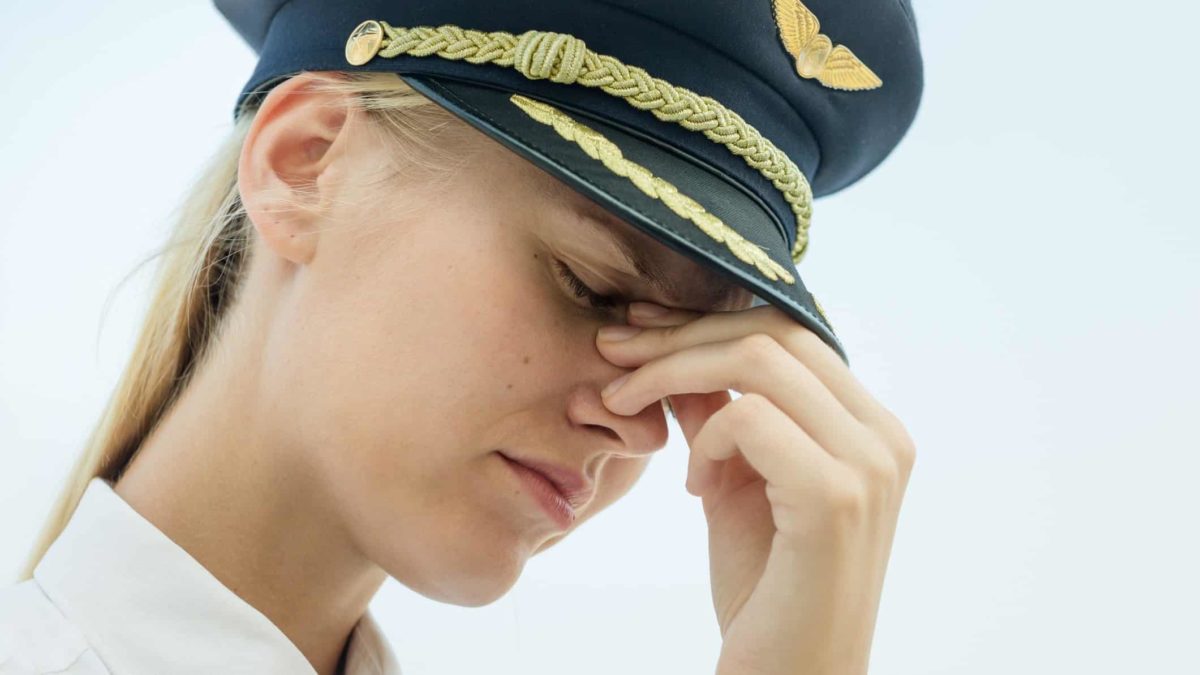Qantas Airways Limited (ASX: QAN) revealed Thursday it copped a statutory loss after tax of $1.1 billion and took a 75% hit in revenue for a COVID-ravaged half-year ending 31 December.
All eyes will be on the Qantas share price after it raked in just $2.33 billion of revenue, compared to $9.46 billion one year earlier.
However, the airline touted its underlying earnings before interest, taxes, depreciation and amortisation (EBITDA) of $86 million as evidence of its "fundamental resilience".
"These figures are stark but surprising," said group chief executive Alan Joyce.
"During the half we saw the second wave in Victoria and the strictest domestic travel restrictions since the pandemic began. Virtually all of our international flying and 70% of domestic flying stopped."
Qantas' money makers and loss makers
On the bright side, the domestic business generated positive cashflow despite a 70% decline in revenue and capacity. Qantas' market share increased to about 70% after more than 20 "large" corporate accounts were added.
The loyalty points and cargo businesses still kept the money coming in for the company while passenger flights were grounded.
"The [loyalty] program has evolved to the stage where the vast majority of points are earned from activity on the ground. Qantas Freight had a record result and has been a natural hedge to the lack of international passenger flying, which has created a shortage of cargo space globally," said Joyce.
"These factors couldn't overcome the massive impact of this crisis, but they have softened it."
The international business, understandably, suffered an underlying EBITDA loss of $86 million.
While its planes were grounded, the company took the chance to shed 8,500 employees, saving about $600 million for the current financial year. The restructure will eventually realise $1 billion in annual savings from 2023.
Will the Qantas share price reflect future recovery?
Recent state border closures have delayed Qantas' recovery by 3 months, the airline estimated.
The carrier is now working with an assumption that international travel would resume at the end of October, while flights to New Zealand might pick up in July.
"The COVID vaccine rollout in Australia will take time, but the fact it's underway gives us more certainty," said Joyce.
"More certainty that domestic borders can stay open because frontline and quarantine workers will be vaccinated in a matter of weeks. And more certainty that international borders can open when the nationwide rollout is effectively complete by the end of October."
Domestic capacity will hit 60% of pre-COVID levels during the current quarter, while international remains at just 8% currently.
The airline will attempt to keep cash flow positive for the financial year. Net debt will peak in the current half-year while balance sheet repair will start from next quarter.
The Qantas share price fell 0.4% on Wednesday, to trade at $5.01. The stock had been as low as $2.03 in the past 12 months.









